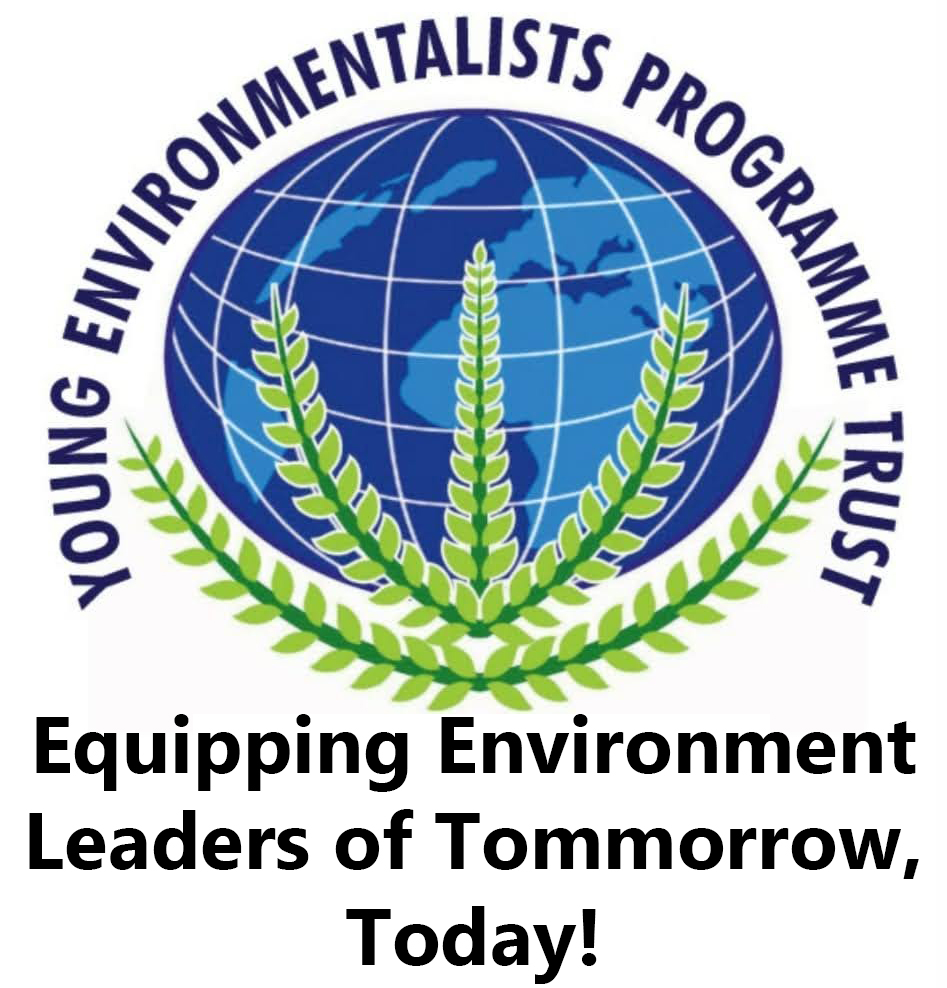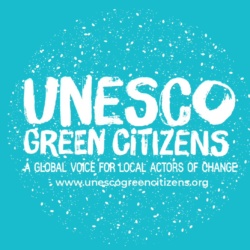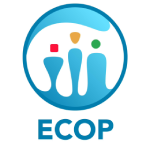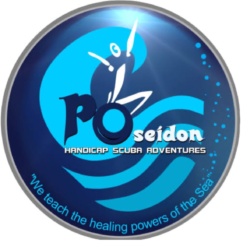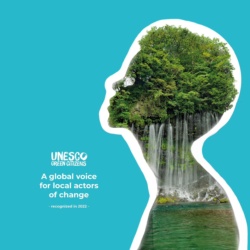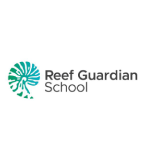Environmental education teaches students about how the planet’s physical and biological systems work, and how we can create a more sustainable future.
Therefore the Young Environmentalists Programme believes that Environmental education is a process aimed at creating awareness in the youth rather than preaching to the population. Environment education aims at
-Basic details and understanding of the environment and its relationship with man and biodiversity; learning through a fun way for the entire community to enhance a green living movement.
-Social and civic values which are in tandem with
environmental quality;
-Skills to solve environmental problems;
-Ability to evaluate environmental measures and education programmes;
-A sense of responsibility and urgency towards the environment so as to ensure appropriate actions to solve
environmental problems at high school levels. To enable the community to understand the
interdependence of all the life on this planet and how to sustain it through our green living habits. To increase people’s awareness of the economic, political, social, cultural, technological and environmental forces which foster sustainable development by networking with experts and academia.
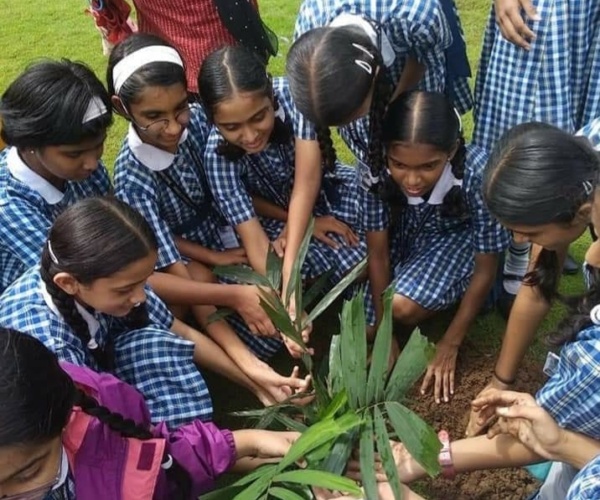
THE OUTLINE OF THE YEPT CURRICULUM ARE:
-To nurture respect for the natural world
-To heighten students’ environmental awareness and to promote stewardship.
-To develop deep ecological values.
-To understand and practice permaculture as the harmonious integration of land and people to provide food, shelter, energy in a sustainable way.
– Formation of Young Environmentalists Nature Clubs
-This includes awareness classroom/campus projects: Plant/food/fruit/green gardens.
-Aquatic systems.
-Nature trails.
– Waste usage.
-Energy conservation.
-Employing management systems.
-Animal /pet corner.
-Local community Eco Fair.
– Outline ideas to design the school with with renewable resources/energy.
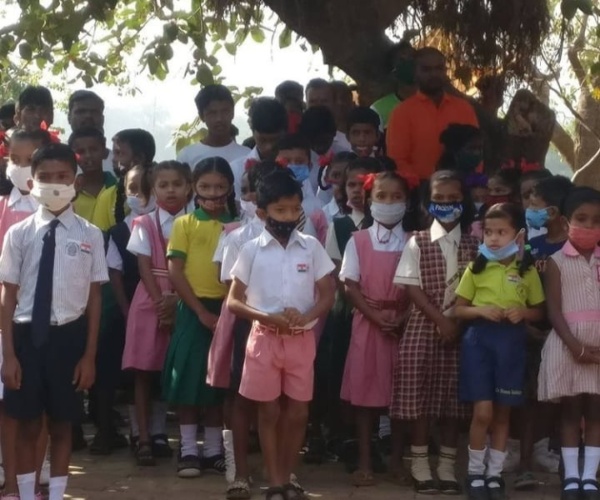
Young Environmentalists Year end certificates for all programs participants are offered.
We offer a curriculum that is holistic: integrating all aspects of the child’s nature, multiple intelligences and curiosity for learning. This is approached through a hands-on practical model which is part of an attractive program where learning is integrated into a lifelong experience .
Recognizing that students spend a good amount of time within the campus, our outlines incorporate their syllabus.
-Building natural habitat and green spaces within the school.
-Inculcating Green leadership.
-Grooming Civic habits.
-Engaging student in research, measurement and deductions.
-Making Education fun and a happy experience.
-Creating solid proactive happy memories for each student.
– Involving campus outdoor activity.
-Making part of the curricular text books active through the Environmental programmes.
-Involving Parents and Guardians into the life of the students and environmental programmes.
-Reaching out to the Community as leaders in the environmental movement.
-Celebrating Environment International Dates.
Young Environmentalists Programme Curriculum which:
-Develops the essential skills of: reading, writing, mathematics and science.
• Has a green aspect involving ecology to sustainability through ‘a getting your hands dirty’ and getting mud between your toes’ approach.
-Recognizes and appreciates geographical and cultural context.
-Is based on an interdisciplinary academic scope and sequence.
